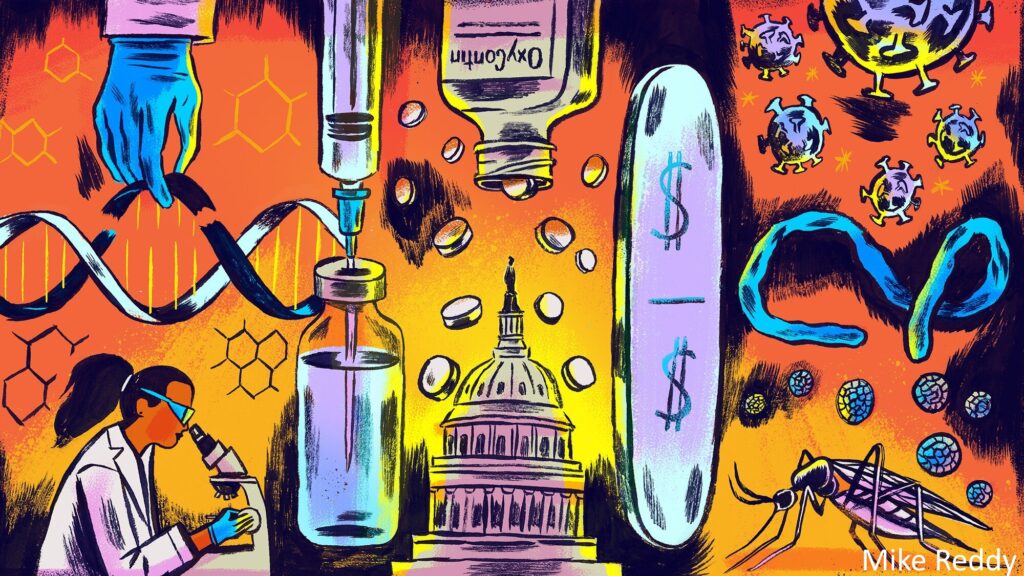In 2024, the 74th Annual CAG (Canadian Association of Geographers) Meeting and Conference occurred from August 14 to August 18, hosted by Memorial University’s Department of Geography in St. John’s, Newfoundland and Labrador. Dr. Prouse presented her research on pathogenic data colonialism.

Pathogenic data colonialism: New frontiers, old fissures:
In 2006 Indonesia made global headlines for refusing to share an H5N1 avian influenza sample with the World Health Organization (WHO). Concerned with previous incidents of Global North pharmaceutical companies developing vaccines based on samples shared from their country, which were not made available to their own population, Indonesia refused to participate.
Fifteen years later, as the COVID-19 pandemic spread across the world, South African epidemiologists uploaded genomic sequences of the SARS-CoV2 virus to GISAID, an international data sharing platform to which many countries have been uploading variant sequences. This was the first sequencing of the Omicron variant to be shared with the world, and the response to the southern Africa country’s sharing of genomic information was swift: despite Omicron being present in other parts of the globe, many countries immediately closed their borders to South Africa. Moreover, South Africa was not able to access the vaccines and therapeutics that pharmaceutical companies developed based on these sequences that South African scientists had shared on open access databases.
Such contestations over pathogenic data access and benefits sharing – what is commonly called PABS – has most recently become a sticking point at the World Health Organization, where countries have been meeting over the last couple of years to negotiate a Pandemic Treaty. These negotiations have been stalled over precisely this issue: countries in the North (and some from ‘new industrializing countries’) want to secure access to pathogenic data while not committing to sharing benefits derived from this access.
In this paper I’m interested in thinking of how these practices and contexts of unequal digital data sharing amount to a form of digital colonialism and extractivism, whereby digital data created through the work, infrastructure, investment, and material resources of the Global South is taken by companies in the North in a form of extraction mirroring centuries of exploitation. I argue that digital colonialism vis-à-vis pathogenic data sharing is complex, based on the goodwill of scientists sharing their work to prevent zoonotic pathogenic spread; built on decades of scientific infrastructure and network building; and mediated by new digital data platforms. Despite these novelties, geopolitical colonial fissures continue to be starkly reproduced through contemporary PABS data governance.
Dr. Carolyn Prouse